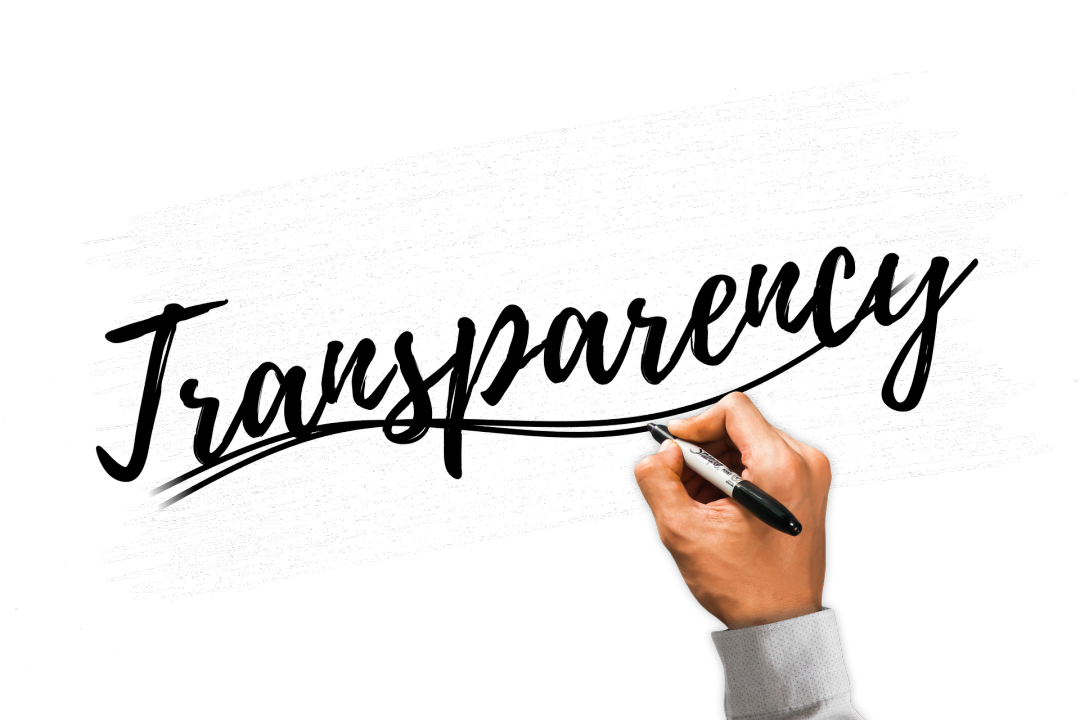The Good News for Defendant: The Ninth Circuit reversed plaintiff's summary judgment on its breathtaking $1.8 billion Lanham Act claim.
The Bad News: In light of all defendant's discovery abuses, the Ninth Circuit wonders aloud whether the district court, when reconsidering the matter, might simply enter a default judgment against it on remand.
In AECOM Energy and Construction v. Morrison Knudsen Corp., 2021 WL 1117780 (9th Cir. Mar. 24, 2021), plaintiff moved for summary judgment on its Lanham Act claim, which carries a right to disgorgement damages.
In support of disgorgement damages, plaintiff offered just three press releases, announcing the EPA, the Bureau of Land Management [I recall a time when that was abbreviated BLM without risk of confusion], and other mining concerns had awarded defendant construction contracts totaling $1.8 billion.
Plaintiff offered no other evidence supporting the $1.8 billion in damages. On the other hand, defendant offered nothing in rebuttal, either. To the contrary, the Ninth Circuit acknowledged that defendants "failed to provide in discovery any reliable evidence of their sales, profits, or costs, despite court orders compelling them to do so."
A split panel held that plaintiff's evidence of the award of contracts was not enough to demonstrate sales or revenues. The court remanded on the issue of damages.
In a concurring opinion that I find more persuasive than the majority's, Judge Friedland agreed the matter must be remanded, but only because the district court apparently did not understand it was empowered to reduce the award. "To the contrary, the district court stated that it was “restless ... over the amount of damages,” but Defendants-Appellants’ “procedural failures left the [c]ourt with no clear avenue other than to rest upon the standards of civil procedure,” which suggests that it may have felt bound to grant $1.8 billion or nothing. This error amounted to an abuse of discretion requiring a remand for reconsideration. See Cooter & Gell v. Hartmarx Corp., 496 U.S. 384, 405 (1990)."
In other words, as we often note in these pages, the failure to exercise discretion is an abuse of discretion. Thus, back down this ruling goes.
But for this oversight, however, the concurrence goes on to explain why the $1.8 billion should have been affirmed. Noting defendants had failed to participate in the fact-finding process, " “[r]equiring more precision than can be attained, especially where the impossibility of more precise ascertainment was the fault of the wrongdoer, would be inequitable and is not required.” DSPT Int'l, Inc. v. Nahum, 624 F.3d 1213, 1223 (9th Cir. 2010)."
"Consequently, the district court was permitted to assume that this fact “as claimed and adequately supported by the moving party [was] admitted to exist without controversy.” C.D. Cal. R. 56-3."
This is the law under California procedure, too: "When a party does not produce ordered documents, the court is entitled to infer the documents would contain evidence damaging to that party's case and instruct the jury accordingly. (See Kuhns v. State of California (1992) 8 Cal.App.4th 982, 987–990.)" (Lopez v. Watchtower Bible and Tract Society of New York, Inc. (2016) 246 Cal.App.4th 566, 605, review denied (July 27, 2016).)
There is no duck blind in civil discovery: you don't get to take shots at the other side's evidence if they don't get to take shots at yours.
The concurrence concludes with this chilling suggestion: "I share the majority's opinion that the district court could consider entering discovery sanctions. See supra note 5. In my view, appropriate sanctions could even include a default judgment against Defendants-Appellants, if the district court deems it justified."
Tim Kowal helps trial attorneys and clients win their cases and avoid error on appeal. He co-hosts the Cal. Appellate Law Podcast at www.CALPodcast.com, and publishes a newsletter of appellate tips for trial attorneys at www.tvalaw.com/articles. Contact Tim at [email protected] or (714) 641-1232.

